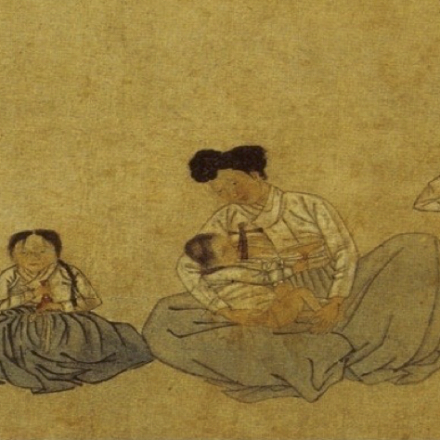The Milk family: women in the commemorative culture of Chosŏn Korea (1392-1910)

Abstract:
In the extensive commemorative culture of Chosŏn Korea (1392-1910), the deceased would enter the textual space of remembering. Authored by men, such commemorative texts as eulogies, tomb inscriptions, and posthumous biographies made manifest the quintessence of the patriarchal lineage system, in which gender and kinship hierarchies were matters of moral significance. By maintaining accounts of ancestors’ lives, Chosŏn families perpetuated a normative discourse on what it meant to be a person living in family and society—the textual memory doubled the kinship structure of the living. This presentation will unravel the gender politics in the commemorative culture that enabled different trajectories of remembering and different relationship between body and writing allowed to men and women. From here, I will proceed to uncover the ways in which women— largely absent as authors from the normative space of commemoration—appear in it as embodiments of domestic intimacies.
Further Information
The Korea Institute
T: 02 6125 4661
Presented by the ANU Korea Institute, ANU College of Asia & the Pacific. Sponsored by the ANU Korea Institute and The Academy of Korean Studies






